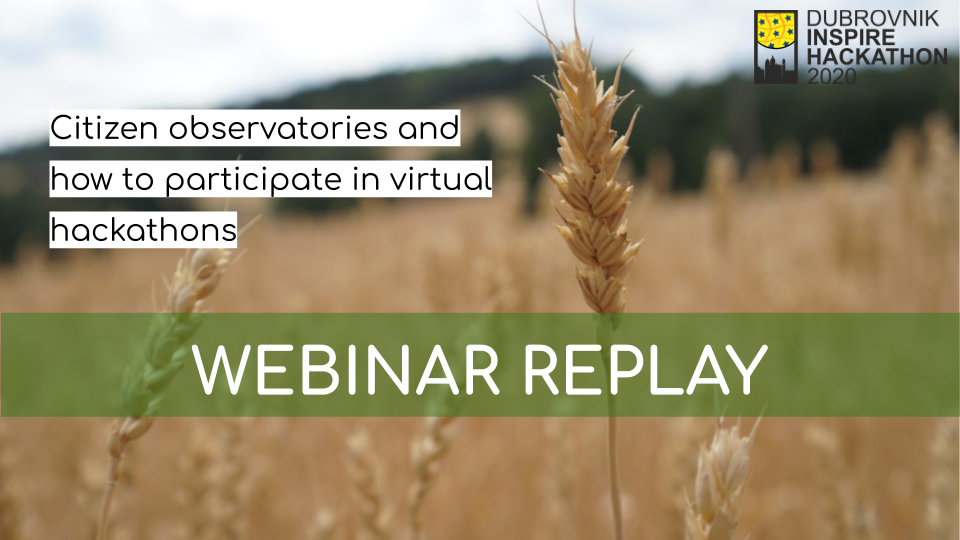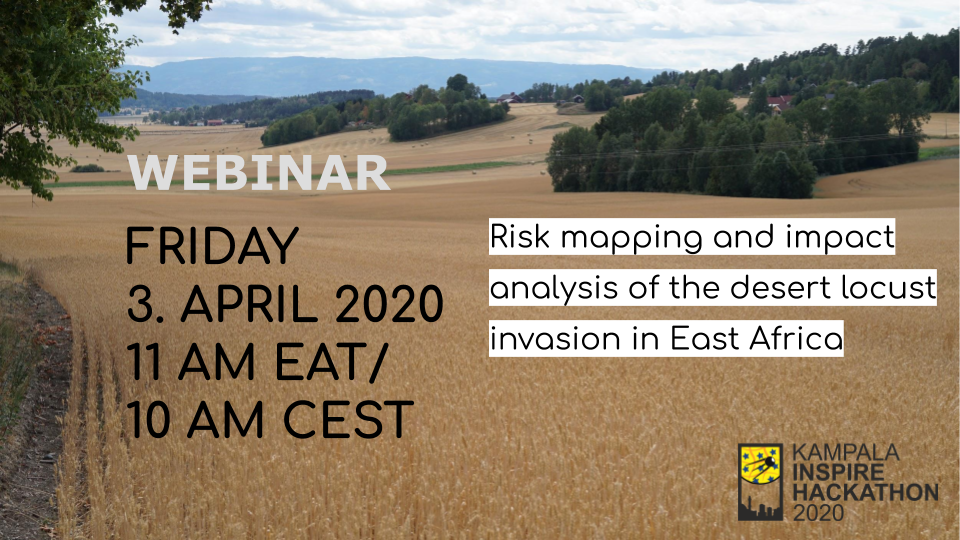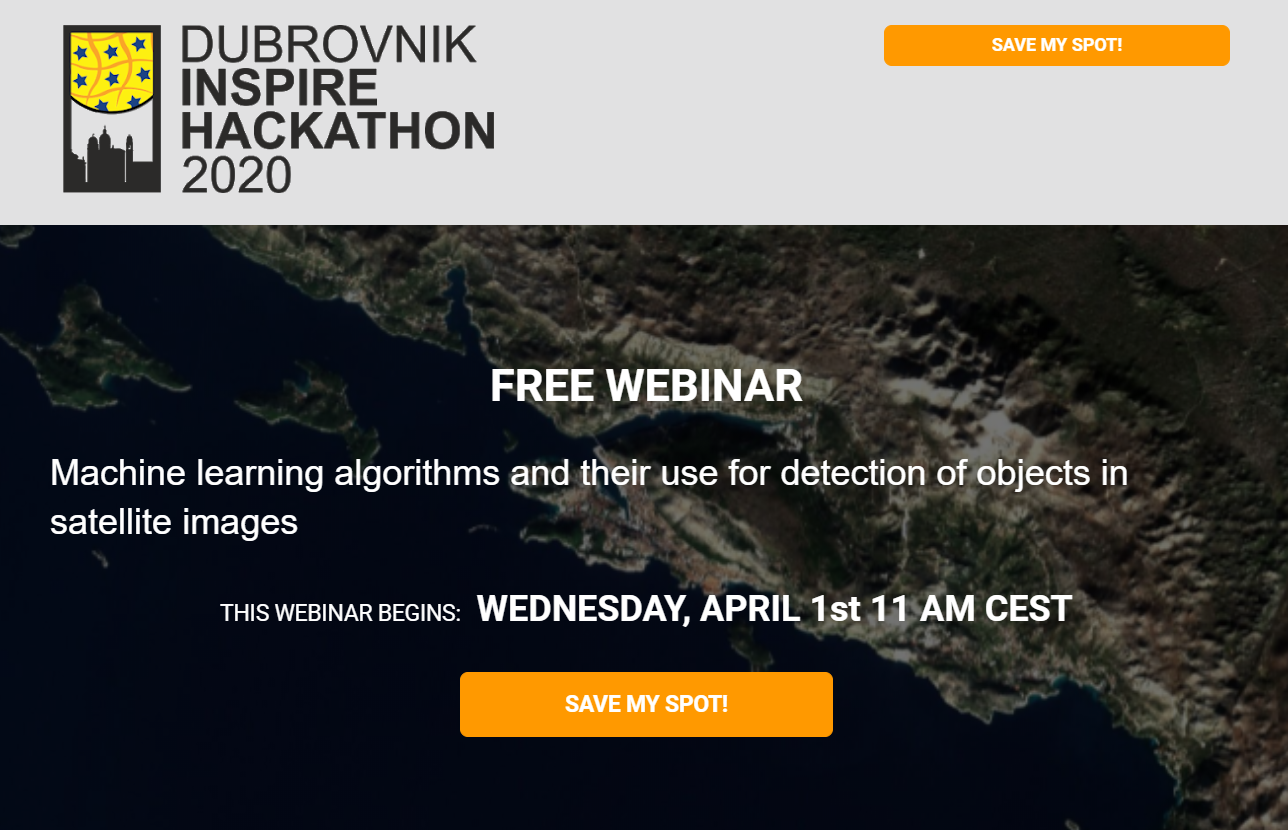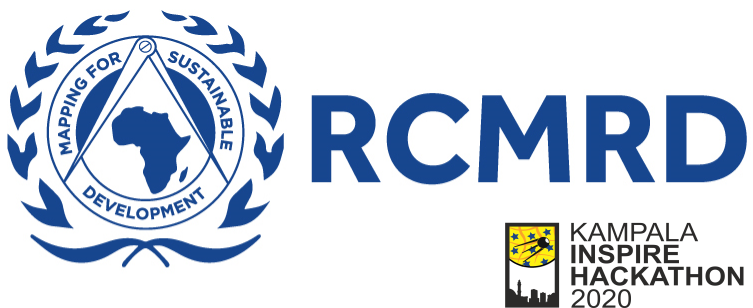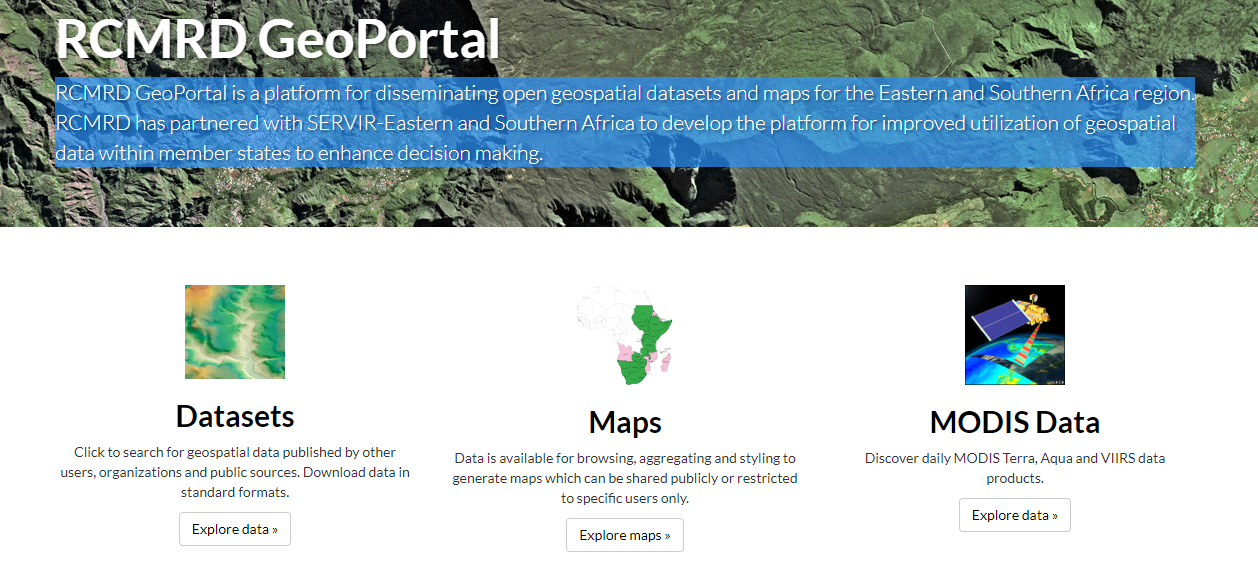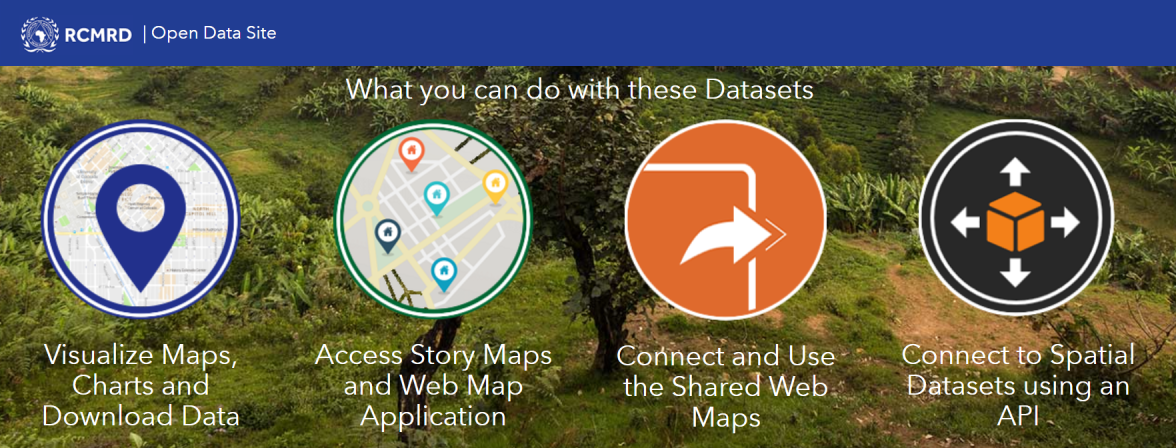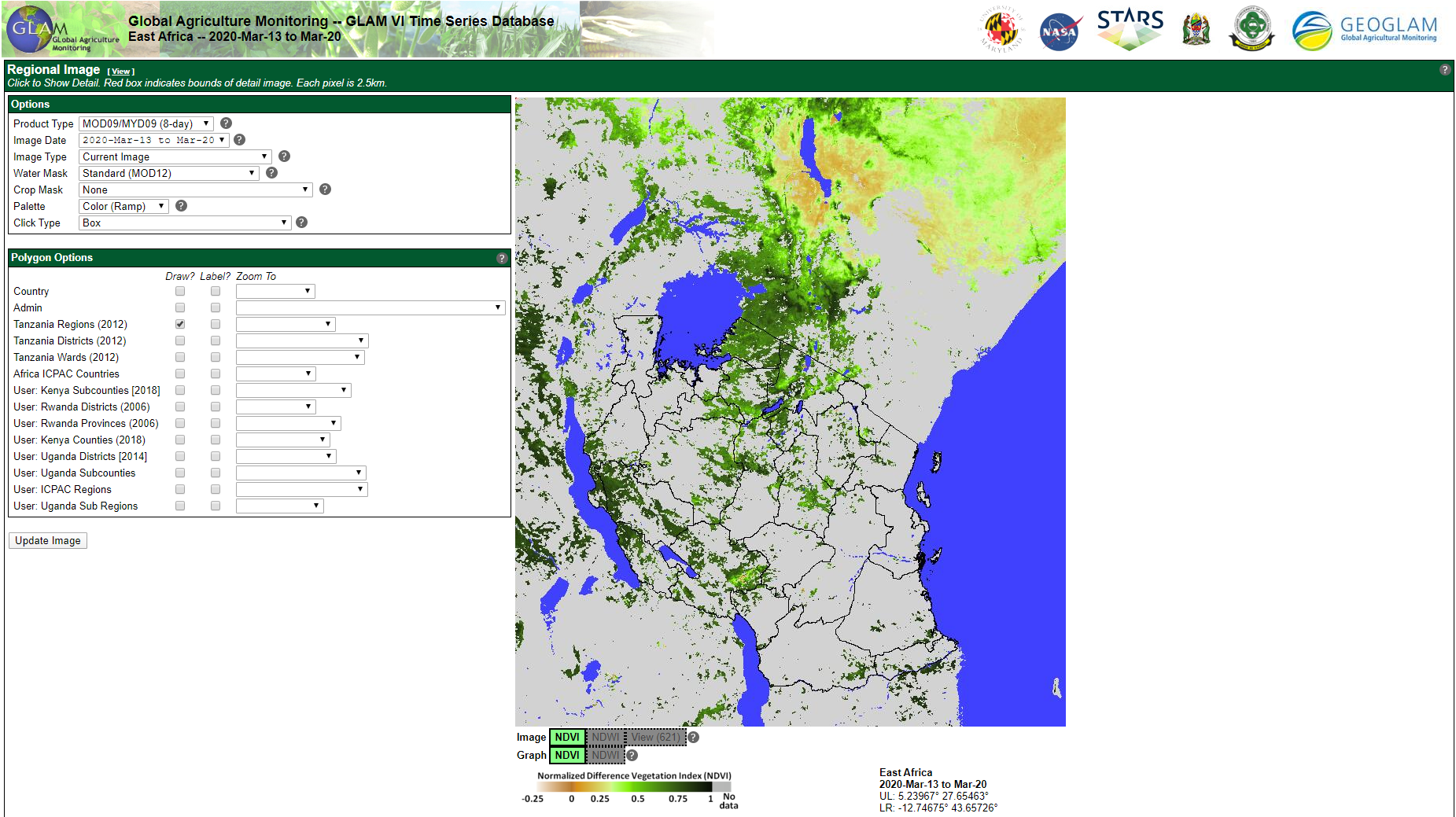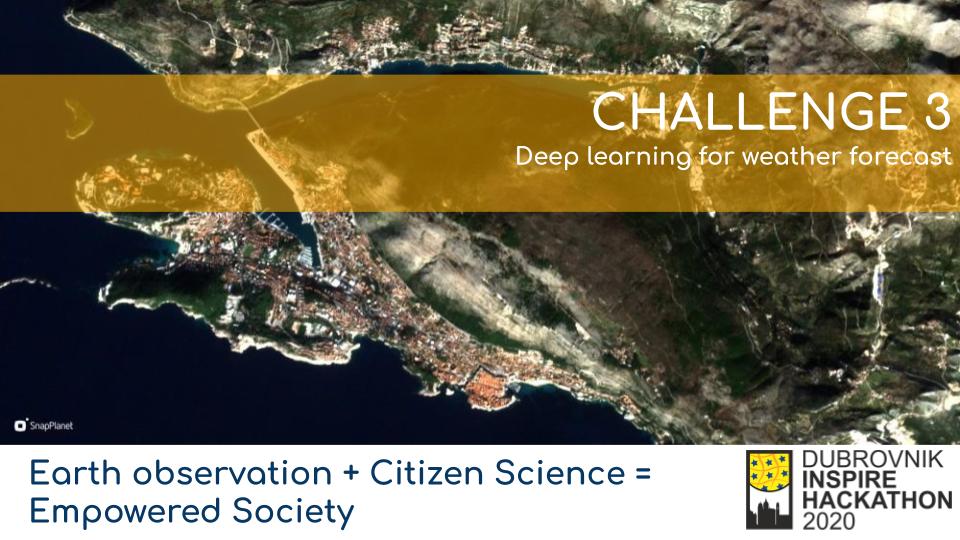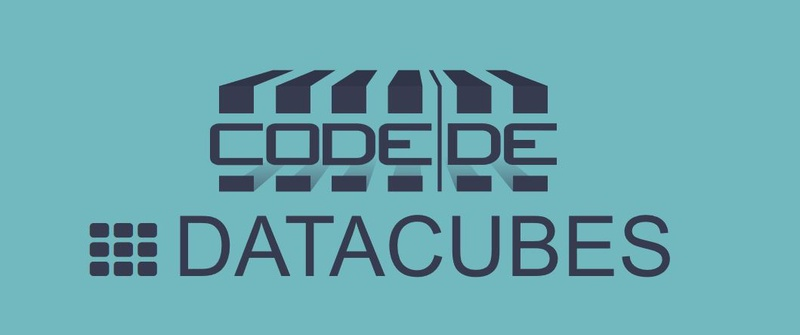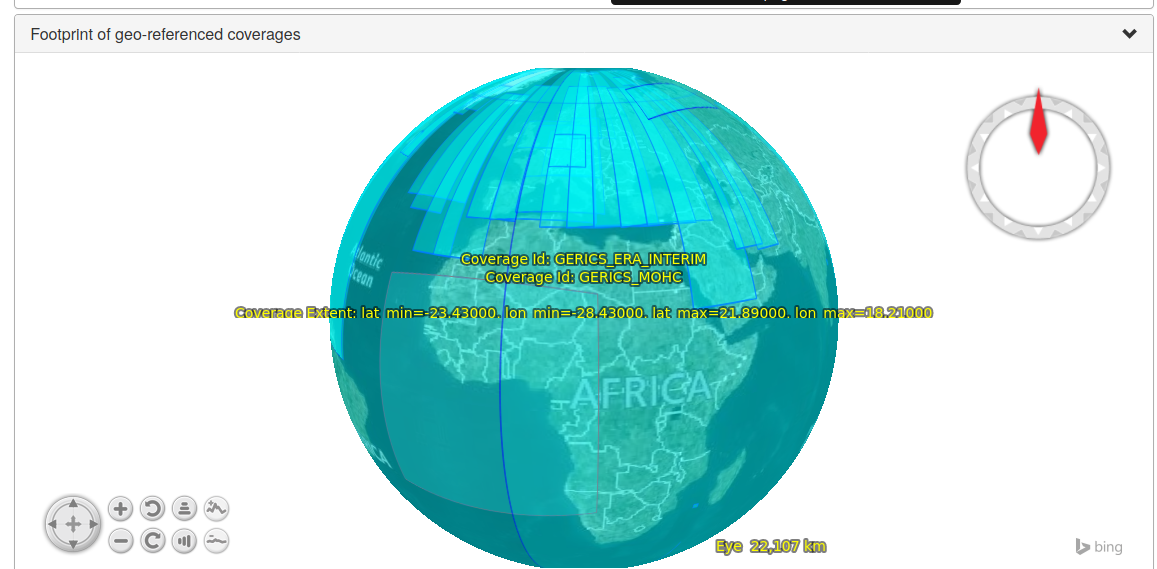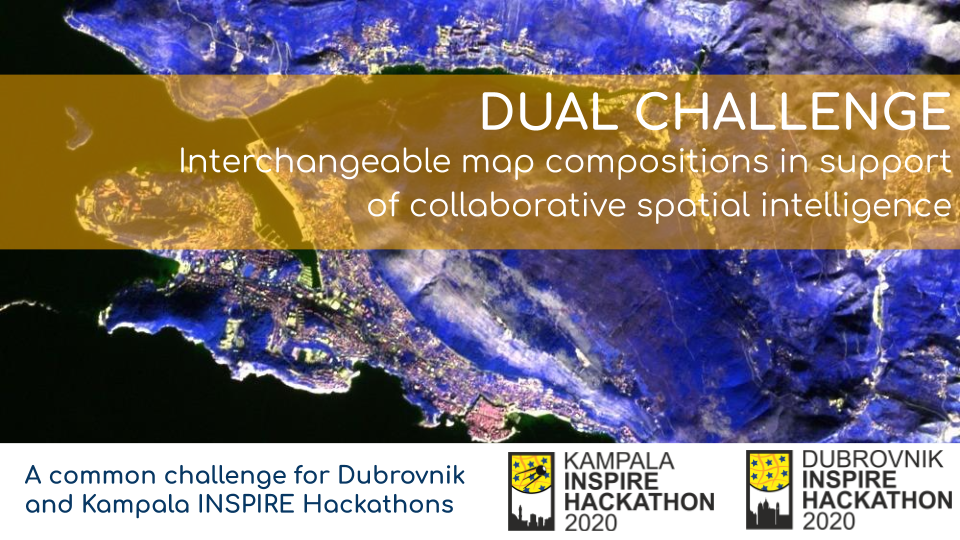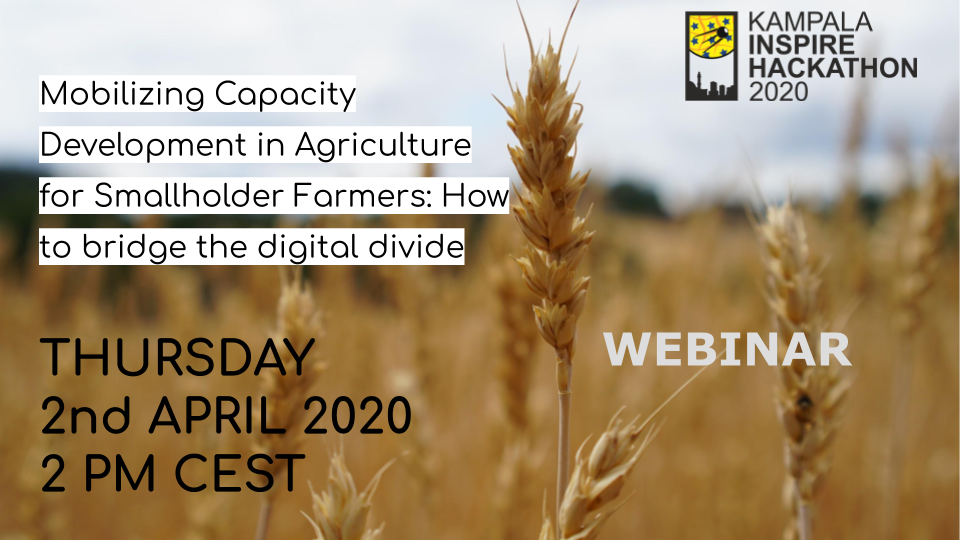
The Kampala INSPIRE Hackathon has gone virtual and our partners GODAN and UN FAO are, together with all the other 16 partners making it happen! Originally planned as an event to run remotely, culminating in an onsite event at the University of Makerere early May, the hackathon will – as before – consist of a series of educational webinars, online meetings, chat streams, and co-authored online documents, ending with a virtual workshop on May 6th 2020. The final workshop will contain a series of presentations outlining the results of the projects, followed by the evaluation and decision of the judging panel.
Each team, as part of their individual projects, will produce webinars for capacity building.
In order to make open data interoperable non-technical as well as technical challenges have to be addressed.
On the 2nd of April at 14.00 CEST a Webinar on the subject of Mobilizing Capacity Development in Agriculture for Smallholder Farmers: How to bridge the digital divide will take place.
The Webinar, covering the ethical, legal and policy issues around open data in digital agriculture is part of the submissions for Challenge 9 Ethical and legal aspects of open data affecting farmers on the ethical and legal aspects of open data affecting farmers, in which GODAN will be participating alongside helping organise the hackathon.
During this webinar the participants will be able to learn about:
- The risks and benefits of open data sharing in agriculture,
- Ethical approaches to opening data to benefit smallholder farmers,
- The impacts of digital technologies on different segments of agri-food value chains,
- The digital divide; and,
- Open data capacity building.
GODAN provided a further in-depth analysis on data governance, good practice on data flows and efforts to build capacity development, through a CTA/GODAN Data Rights and Responsible Data Working Group Webinar on the 31st of March at 14h00 CEST. The Webinar entitled Role of Codes of Conduct in Smart Farming and FAIR Data Sharing. If you missed the enrolment to take part, it will shortly be available to view on the GODAN Web site.
To enable all stakeholders in agri-food systems, especially farmers, to benefit from the agricultural digital revolution, sustainable solutions to support and encourage data sharing need to be found. Codes of conduct, voluntary guidelines, and principles on transparent governance of farm data constitute an important first step, putting basic issues such as data ownership, data rights, data privacy and data security into an ethical framework in which all stakeholders, especially farmers, can and should be involved.
In this webinar, conducted in the form of a virtual panel session, an “ideal” code of conduct will be discussed. The presenters will explore what such a code of conduct should look like from a general perspective, attempting to balance the interests of all actors involved, though focusing more specifically on the perspective and needs of the farmers.
Foteini Zampati, GODAN’s Data Rights Research Specialist, will moderate the panel session, joined by four panellists who are experts in the fields of data rights and agricultural technology: Alice Namuli Blazevica, a tech lawyer and partner in Tech & Innovation at Katende, Ssempebwa & Co Advocates; Stephen Kalyesubula, a certified computer engineer and currently a project manager at Youths in Technology and Development Uganda (YITEDEV-Uganda), Dr R. Andres Ferreyra, Data Asset Manager for Syngenta’s Global Digital Agriculture team; and, Hamulus Owoyesiga, a farmer, Youth ICT Head and Drone Operator at IGTF-Uganda. The panelists will have the opportunity to share their experience and different perspectives on agricultural codes of conduct.
This Webinar was recorded and will be made available to all the participants of Challenge 9 Ethical and legal aspects of open data affecting farmers of the Kampala INSPIRE Hackathon.
Stay tuned for more information.

